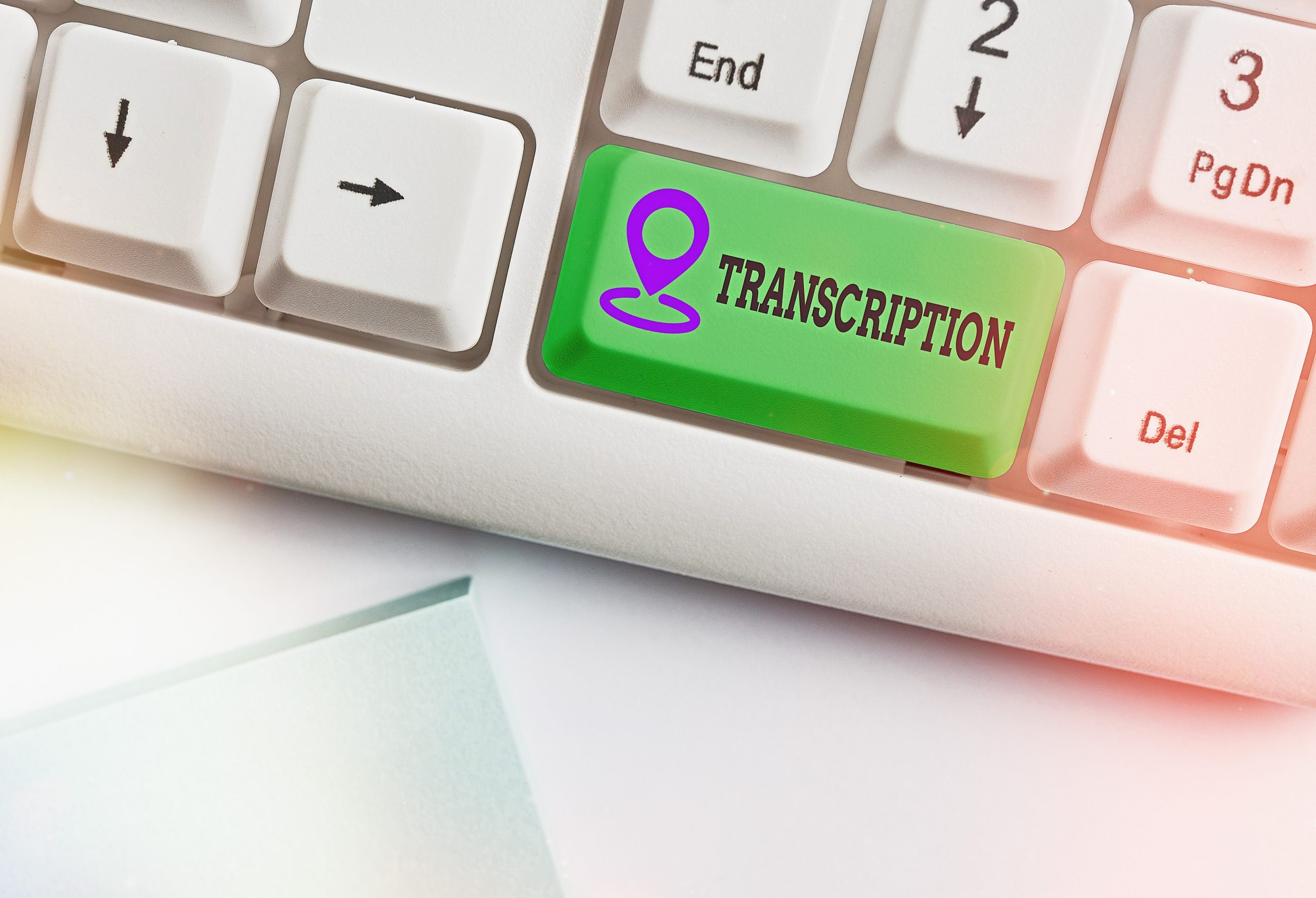In the realm of higher education, fostering an inclusive and supportive environment for all students is paramount. Universities are increasingly recognizing the importance of accommodating students with disabilities, ensuring they have equal access to educational resources and opportunities. Transcription services play a pivotal role in this endeavor, particularly within the context of university disability services. This article explores the profound impact of transcription services on enhancing student support for those with disabilities and creating a more accessible academic experience.
Understanding the Challenges Faced by Students with Disabilities:
Students with disabilities often encounter barriers in traditional educational settings, hindering their ability to fully engage with course materials. These barriers can range from difficulties in accessing lecture content to challenges in comprehending spoken information. To address these issues, university disability services are implementing a range of support measures, with transcription services emerging as a key component of their inclusive strategies.
The Role of Transcription Services in University Disability Services:
Accessible Lecture Content:
Transcription services in Melbourne transform spoken words into written text, providing students with disabilities the opportunity to access lecture content in a format that suits their learning needs. Whether it’s a live lecture, recorded class, or multimedia presentation, transcriptions enable students to review and comprehend the material at their own pace.
Assisting Students with Hearing Impairments:
For students with hearing impairments, accessing spoken information in a classroom setting can be challenging. Transcription services bridge this gap by providing accurate written transcripts of spoken content. This ensures that students with hearing impairments have equal access to lectures, discussions, and other auditory components of their academic experience.
Facilitating Note-Taking:
Students with certain disabilities may face challenges in note-taking during lectures. Transcription services assist by providing detailed and accurate transcripts, reducing the burden on students to take extensive notes in real-time. This not only enhances comprehension but also allows students to focus more on the content being discussed.
Supporting Different Learning Styles:
Every student has a unique learning style, and some individuals benefit significantly from visual or written representations of information. Transcription services cater to diverse learning styles, ensuring that students can engage with course materials in a way that aligns with their preferences and strengths.
Compliance with Accessibility Standards:
Universities are increasingly required to comply with accessibility standards to ensure that all students, regardless of their abilities, can participate fully in educational programs. Transcription services contribute to meeting these standards, promoting an inclusive learning environment that aligns with legal and ethical obligations.
Benefits of Transcription Services in University Disability Services:
Promoting Inclusivity:
Transcription services actively contribute to creating an inclusive academic environment where students with disabilities feel supported and valued. By breaking down communication barriers, these services ensure that all students can fully participate in the learning experience.
Empowering Independence:
Providing accurate transcriptions empowers students with disabilities to independently engage with course content. This independence is crucial for fostering a sense of autonomy and self-efficacy, allowing students to take control of their academic journey.
Enhancing Academic Performance:
Access to transcription services positively influences academic performance. Students with disabilities can revisit lecture materials, reinforce their understanding, and prepare for assessments with greater confidence, leading to improved academic outcomes.
Reducing Stress and Anxiety:
The challenges faced by students with disabilities can often lead to heightened stress and anxiety. Transcription services alleviate some of these stressors by providing a supportive learning environment where students can access information without the added pressure of struggling to hear or take extensive notes.
Challenges and Considerations:
While transcription services significantly enhance student support in university disability services, there are challenges and considerations to address:
Accuracy and Quality Assurance:
Ensuring the accuracy of transcriptions is paramount. Quality assurance measures, such as proofreading and verification, are essential to guaranteeing the reliability of transcribed content.
Timeliness of Delivery:
Timely delivery of transcriptions is critical for students to keep pace with their coursework. Transcription services need to prioritize efficient turnaround times to meet the needs of students and disability support programs.
Adapting to Different Subject Matter:
Transcribing content across various academic disciplines can pose challenges, especially when dealing with specialized terminology. Transcriptionists need to be well-versed in adapting to different subject matter and ensuring accurate representation of academic concepts.
Conclusion: Building an Inclusive Academic Community:
In the evolving landscape of higher education, prioritizing inclusivity and accessibility is a shared responsibility. Transcription services, as an integral component of university disability services, play a vital role in breaking down barriers and ensuring that students with disabilities have equal access to educational opportunities. By enhancing student support through accurate transcriptions, universities in Melbourne and beyond are taking significant strides towards creating a learning environment where every individual can thrive, regardless of their abilities or challenges.
